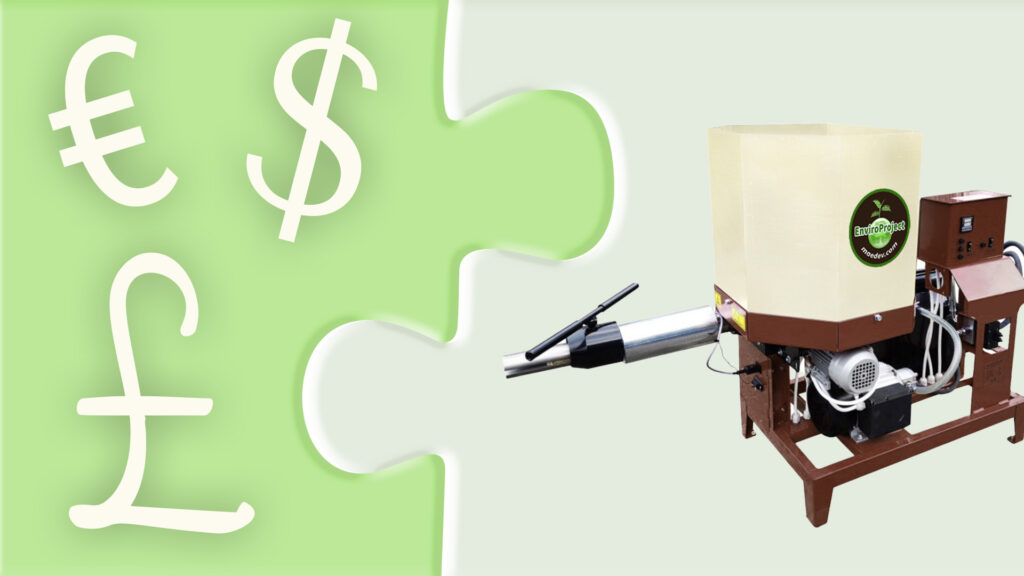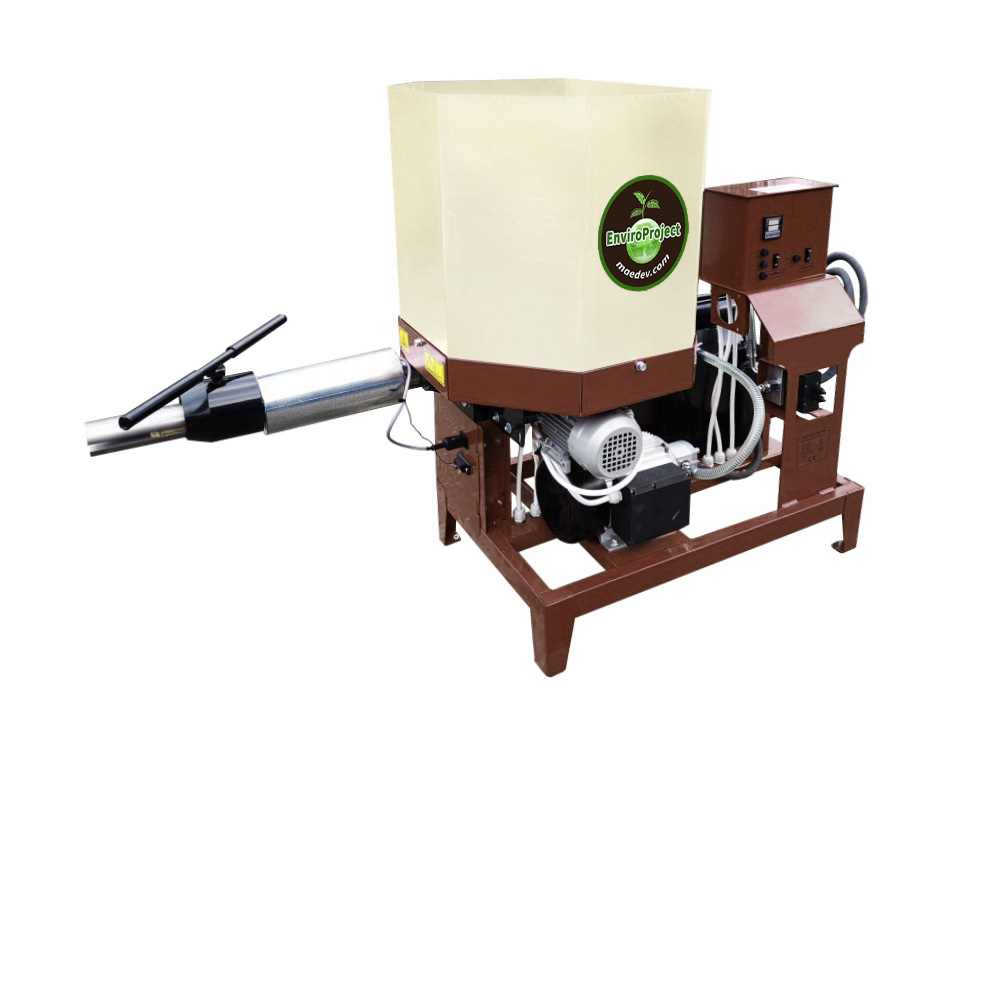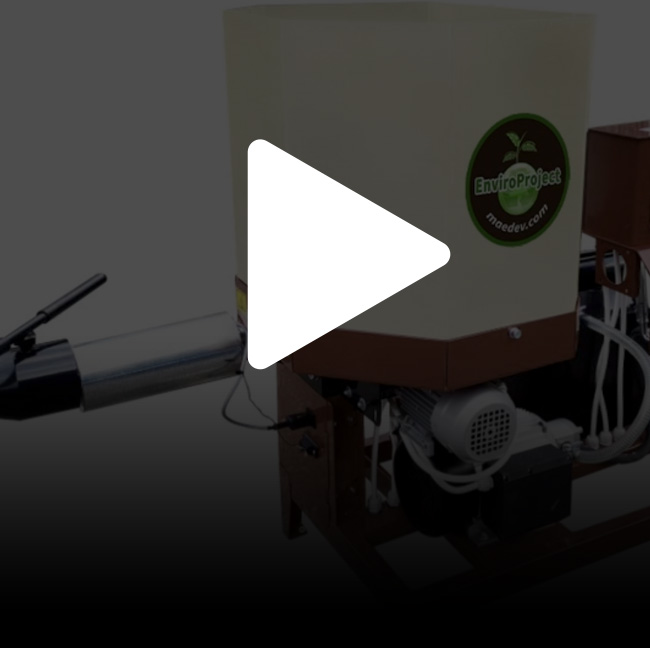Purchasing briquette machines through installment payments

Purchasing briquette machines through installment payments offers businesses a strategic and financially viable method to acquire essential equipment without the need for a large upfront capital expenditure. This approach can significantly ease the financial burden on businesses, especially those in industries generating large volumes of waste, such as woodworking, agriculture, textiles, and metal fabrication. Here are the key financial benefits of acquiring briquette machines :
-
Improved Cash Flow Management
- Immediate Access with Lower Initial Cost: Businesses can gain immediate access to briquette machines without the significant initial investment typically required for outright purchases. This allows for better cash flow management, as funds can be allocated more flexibly across business needs.
- Spread Cost Over Time: Installment payments spread the cost of the equipment over its useful life, making it easier for businesses to manage their budgets and financial planning without compromising their liquidity.
-
Tax and Accounting Benefits
- Tax Deductions: Payments made towards the instalment purchase may be tax-deductible as business expenses, offering potential tax savings (depending on local tax laws and regulations).
- Balance Sheet Management: Depending on the structure of the financing agreement, the equipment may not need to be listed as a capital expenditure upfront, potentially improving the company’s financial ratios and its balance sheet.
-
Access to Latest Technology
- Upgrade Flexibility: Some financing agreements include options to upgrade the equipment to newer, more advanced models at the end of the term or during the term. This ensures that businesses can always have access to the latest technology without the full cost of purchasing new equipment outright.
-
Tailored Financing Solutions
- Customizable Payment Plans: Third-party financiers typically offer customizable payment plans that can be tailored to match the cash flow patterns of the business, providing greater financial flexibility.
- No Collateral Required: Unlike traditional loans that may require collateral, instalment payment plans for equipment often use the equipment itself as collateral, simplifying the financing process.
Conclusion
Acquiring briquette machines through instalment payments is a strategic financing option that offers numerous benefits, from improved cash flow management to access to the latest technology. This approach allows businesses to maintain operational efficiency and sustainability initiatives without the financial strain of a large upfront investment. By carefully selecting a financing partner and plan that aligns with their financial and operational goals, businesses can effectively manage their resources while contributing to environmental sustainability efforts.
UK tax system
In the UK tax system, the treatment of instalment payments for equipment, including briquette machines, through lease or lease-to-buy agreements, can offer distinct tax and accounting benefits. These benefits hinge on whether the equipment is classified as capital or revenue equipment under HMRC guidelines.
For businesses considering lease-to-buy or instalment payment methods via a third party for acquiring equipment, it’s important to understand how these payments are treated for tax purposes:
-
Tax Deductibility of Lease Payments:
- Generally, lease payments for revenue equipment (which is considered more short-term in nature) are tax-deductible, meaning they can be subtracted from your business income before calculating the amount of tax owed, potentially leading to tax savings. However, payments for capital equipment (viewed as long-term assets) are not usually deductible in this way. There are exceptions, particularly when equipment serves both capital and revenue purposes, in which case payments may still be deductible.
-
Depreciation Considerations:
- Capital equipment allows for depreciation claims, which can spread the cost of the asset over its useful life for tax purposes, providing another form of tax relief. The specific rules regarding the depreciation of leased equipment can vary, and claiming depreciation typically requires that the equipment is used solely for business purposes and appears on the company’s balance sheet.
-
Accounting Changes under IFRS 16:
- The introduction of IFRS 16 has removed the distinction between on-balance sheet (finance leases) and off-balance sheet (operating leases) for lessees, requiring businesses to recognize all leases on the balance sheet, except for certain exemptions. This change could impact how lease payments are accounted for and reported, but it aims not to alter the tax treatment of lessees, ensuring that the commercial rationale for leasing remains unchanged.
-
Capital Allowances:
- When equipment is purchased outright, through hire purchase, or under a long funding lease, businesses can claim capital allowances, which offer tax relief reflecting the depreciation of assets. For shorter leases, capital allowances cannot be claimed by the lessee, but the leasing company may do so, potentially lowering rental charges indirectly.
For businesses in the UK, it’s crucial to consult with a tax professional or accountant to understand the specific tax implications of leasing or purchasing equipment through instalment payments. This ensures compliance with current tax legislation and maximizes any potential tax benefits related to the acquisition of equipment such as briquette machines.
« go back





